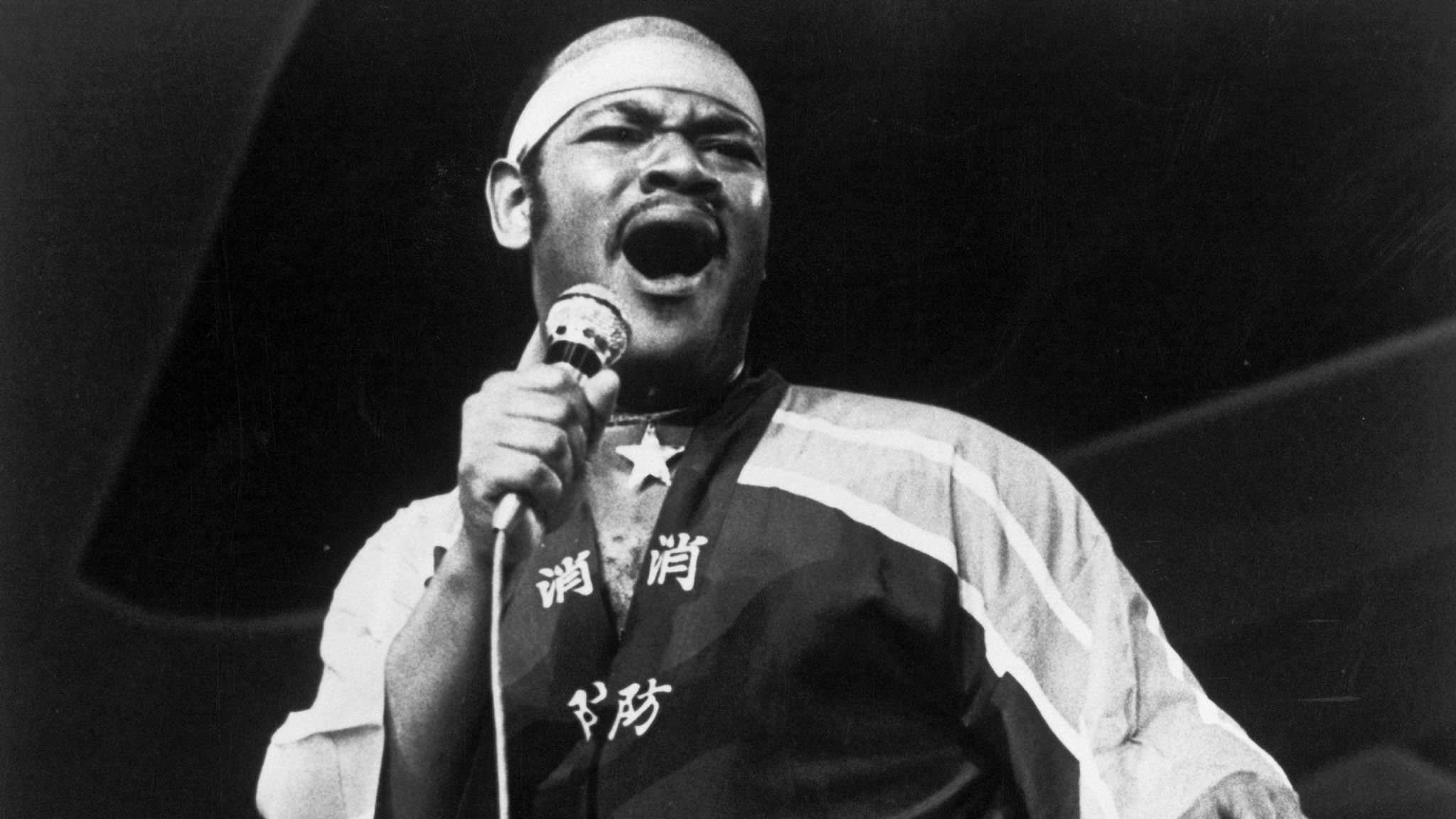In the early 1970s, the world was gripped by a kung fu craze. Martial arts films such as King Boxer and Bruce Lee’s Enter the Dragon brought this ancient Chinese martial art-philosophy to a mainstream audience, while Lee’s early death in 1973 only served to heighten the mystique surrounding him. In the TV series Kung Fu, based on an idea by Lee, David Carradine played a Shaolin monk who wandered the Wild West in search of his lost brother. And kung fu crossed over into African-American entertainment in the form of blaxploitation movies such as Ron van Clief’s Black Dragon series. There was something about the discipline, the training, the exoticism and, yes, the violence of kung fu that resonated with young western audiences.
Into this heady cultural mix came crashing a hit single. “Kung Fu Fighting” was written and sung by a Jamaica-born British singer, produced by a British-Indian musician, featured a cod-Chinese flute motif and had a beat that was pure American disco. Surely this was one of the first truly globalised pop hits.
Carl Douglas was born in Jamaica and came to live in the UK as a child, where he forged a career as a singer. In the 1960s he recorded albums and singles that didn’t really trouble the charts – songs such as “Serving a Sentence of Life” (1968), a foot-stomping belter which was later played on the UK’s northern soul circuit. In 1974 he was in the studio with a producer known as Biddu (another British immigrant, born Biddu Appaiah in Bangalore). Douglas was recording “I Want to Give You My Everything” (written by Larry Weiss), which they did in a few hours. There was little time left to record a B-side. Douglas proposed “Kung Fu Fighting”, which he had written after seeing youngsters doing mock-kung fu moves in the street. It was recorded in a couple of takes. Biddu added the “Hurgh! Hurgh!” exclamations.
The record company people heard it and instantly realised that the B-side was the hit. They were right: “Kung Fu Fighting” became one of the biggest-selling singles of all time. In the video, Douglas wore Oriental get-up and a Chinese-style moustache, performing generic chopping moves. Dancefloors came alive to chopsocky posturings and echoed to shouts of “Hurgh! Hurgh!” Here was a song that everyone could dance to.
The song’s plinky nine-note “Chinese” motif, meanwhile, has a long history of its own and has been the subject of learned discourse: there is no evidence that it is Chinese at all, but it seems that since at least the mid-19th century it has been used as a trope in western popular culture to signify, stereotypically, “Chinese-ness”, and, more broadly, “Asian-ness”.
“Kung Fu Fighting” lived on, and not just at wedding discos. In 1990, when the UK was in the heat of anti-poll tax protests, a compilation album was recorded to raise funds for the campaign. On Alvin Lives (In Leeds), indie artists celebrated hits of the 1970s, and Robyn Hitchcock chose “Kung Fu Fighting”, which he covered in an affectionate multi-tracked a cappella version, complete with beatboxing. In 1998, the British band Bus Stop sampled the Carl Douglas original in a hip-hop version; Douglas himself appeared in the video, singing amid kung fu-style dance routines filmed in London’s Borough Market. In 2018, German ska covers band Skameleon released an upbeat, horn-drenched version.
In 2008, the song was introduced to a new young audience in the animated film Kung Fu Panda, with the song performed by Cee Lo Green and Jack Black; the lyrics were rewritten as an inspirational-aspirational message for the film’s pudgy hero, thus avoiding the rather awkward (and, some have said, derogatory) epithet “Chinamen”. The third movie in the Kung Fu Panda series featured another version by British band The Vamps, again with new, inoffensive, aspirational lyrics.
Kung fu itself continued to exert fascination, particularly in hip-hop: martial arts buffs the Wu-Tang Clan were named after the closely related Chinese martial art, wudang quan. Hollywood has paid tribute to the chopsocky era in the form of Quentin Tarantino’s Kill Bill films (starring David Carradine, and with a soundtrack co-created by Wu-Tang’s RZA) and the blaxploitation parody Black Dynamite.
“Kung Fu Fighting” proved auspicious for the two men who made it. Biddu launched a successful career as a producer, writer and arranger with his disco-fuelled Biddu Orchestra, later moving into Indian pop. Douglas recorded a few more singles but ended up in Hamburg, where he set up a music production company. The Celebrity Net Worth website says he still earns hundreds of thousands of pounds a year in royalties from the song.
What are your memories of ‘Kung Fu Fighting’? Let us know in the comments section below.
‘The Life of a Song Volume 2: The fascinating stories behind 50 more of the world’s best-loved songs’, edited by David Cheal and Jan Dalley, is published by Brewer’s.
Music credits: Sanctuary Records; recordJet; Polydor Associated Labels.
Picture credit: Michael Ochs Archives/Getty Image
